Do Bees Hibernate in the Winter?
As winter approaches, many animals seek shelter and adapt their behaviors so they can survive the cold weather. Among these creatures are bees, those diligent pollinators that play a crucial role in our ecosystem. But, do bees hibernate in the winter, like some other animals? Let's find out!
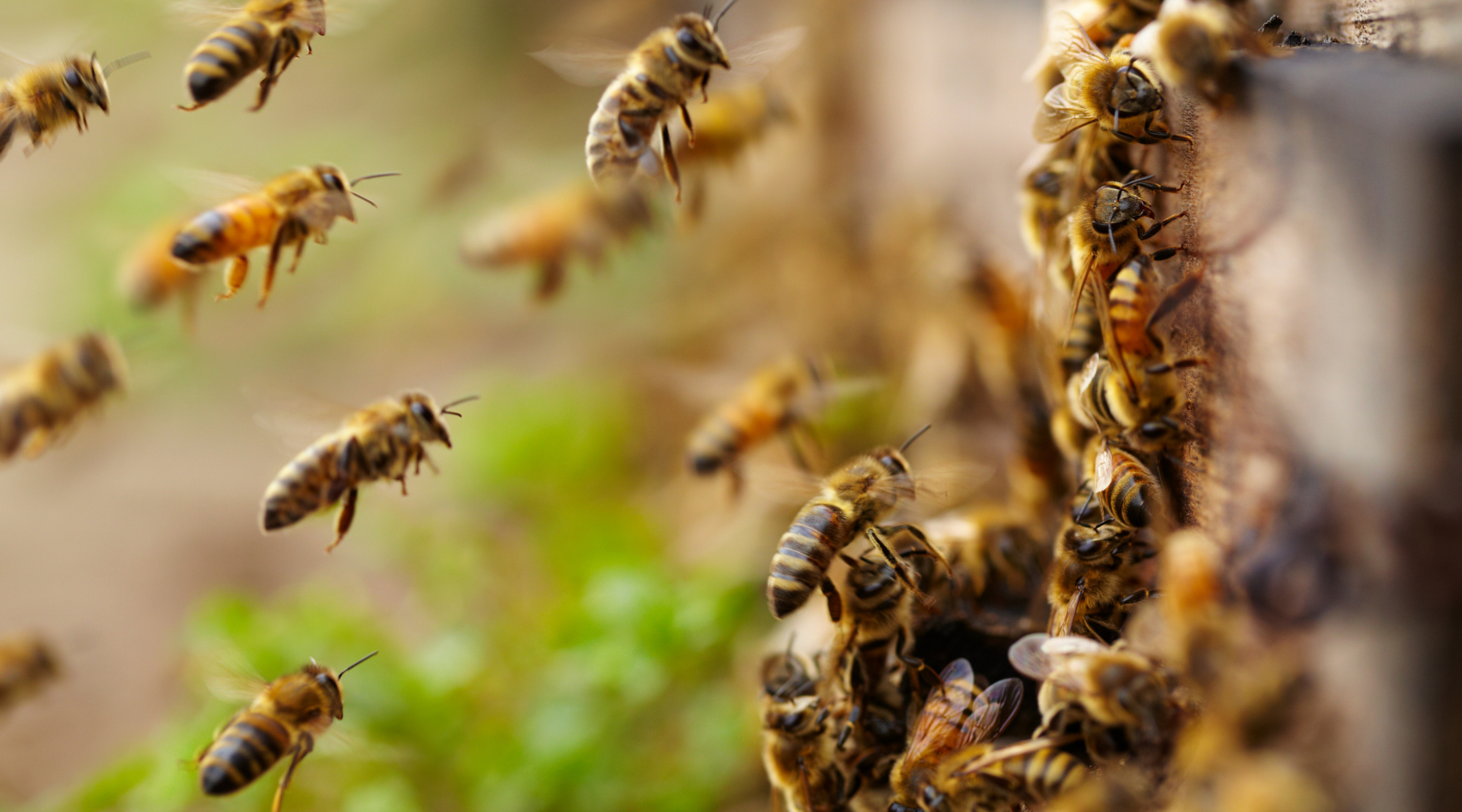
Do Bees Hibernate in the Winter?
Some types of bees hibernate in the winter, others do not.
Spring and summer are the most active seasons for bees. As autumn arrives and temperatures drop, bees undergo significant changes in their behavior and physiology to prepare for the impending winter. Some bees also die off before the winter arrives.
Bees That Hibernate in the Winter
Bumblebee Queens
After the rest of the colony has died at the end of the summer, queen bumbleebees go into hibernation.
After feeding to build up their fat stores, they overwinter underground.
When the winter is over and spring has begun, queen bumblebees emerge from their hibernation, and after finding some nectar to give them energy, they find a nesting site to lay their eggs.
Solitary Bees
Female solitary bees lay eggs in their nest cells, but when these bees hatch, they don't emerge - instead, they stay in their cell throughout the summer and autumn, when they have become adult bees, but remain in their cocoon, hibernating until the spring.
Some solitary bees, such as Leafcutter Bees, won't have developed into adult bees by the winter, and so instead hibernate as larvae.
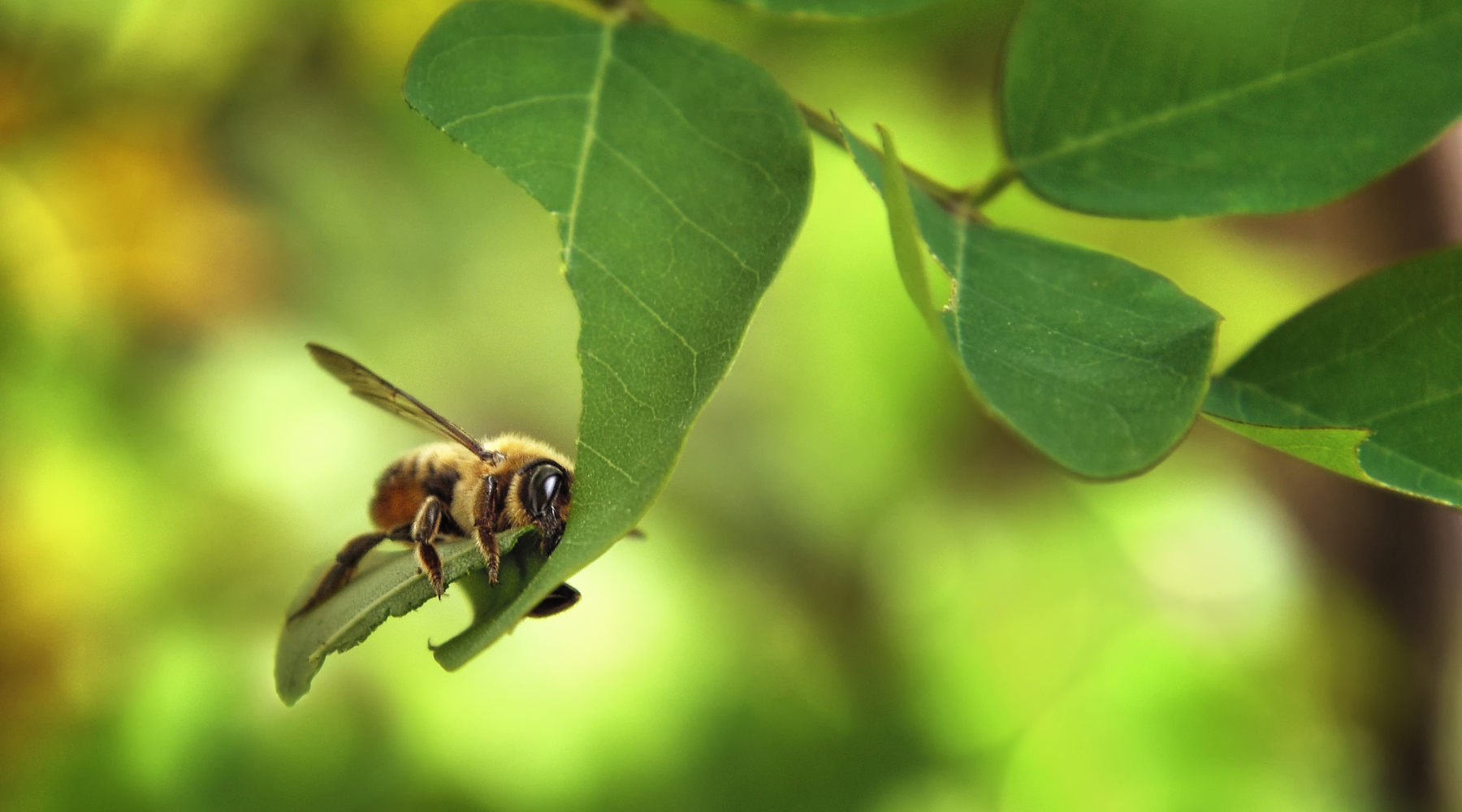
Bees That Don't Hibernate in the Winter
Honeybees
Honeybees don't hibernate in the winter.
During the warmer months, honeybees are incredibly active, collecting nectar and pollen (and crucially, carrying out pollination of various plants), maintaining the hive, and nurturing their brood. But as winter approaches, they adapt their behavior for the harsh conditions, remaining inside their hives. Similarly to many other creatures, such as squirrels, they don't hibernate but they do hide away during the cold weather.
How Honeybees Survive Winter
1. Clustering
Honeybees employ a survival tactic of clustering, where they gather together within the hive. This clustering behavior helps bees maintain a higher internal temperature, even when the outside temperature drops significantly.
2. Reduced Activity
During the winter, the colony's activity level significantly decreases. Worker bees stop foraging and remain inside the hive to conserve energy. The queen bee reduces her egg-laying activity, and drones are often expelled from the hives to free up resources.
3. Consuming Stored Honey
Bees store excess nectar as honey during the warmer months. In winter, they rely on this stored honey as their food source.
4. Generating Heat
Bees in the cluster generate heat by vibrating. The bees on the outer layer of the cluster act as insulation, protecting those in the core from the cold. The queen will be towards the center of the cluster.
So, some bees hibernate in the winter, but others do not, and many die off before winter takes hold. As many bee populations are declining and various species are endangered, it's never been more important to create bee-friendly habitats to support our pollinators. BeCause Tees are proud to donate to ecological nonprofits for every purchase made through our website, including Pollinator Partnership - shop our Pollinator Collection today!

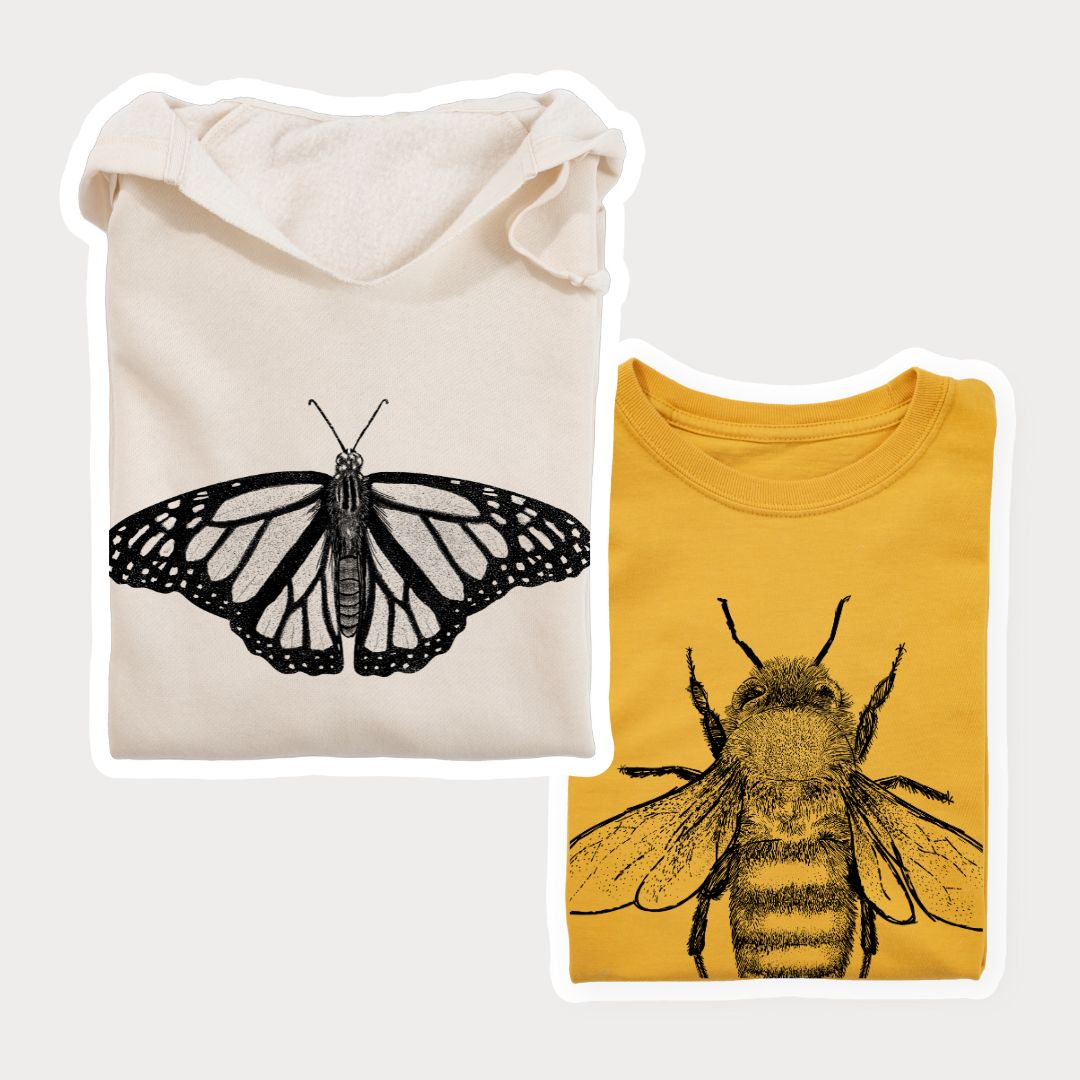


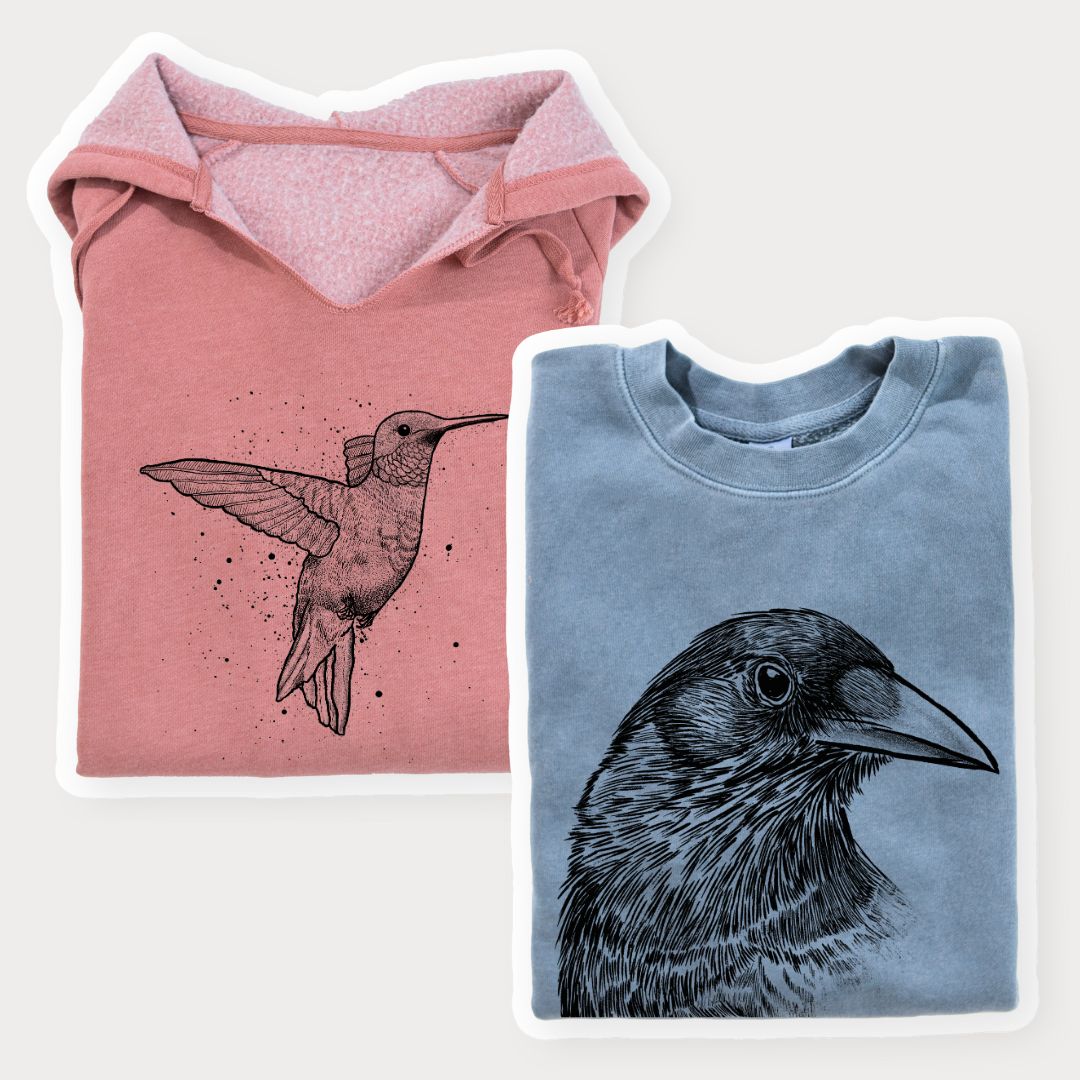
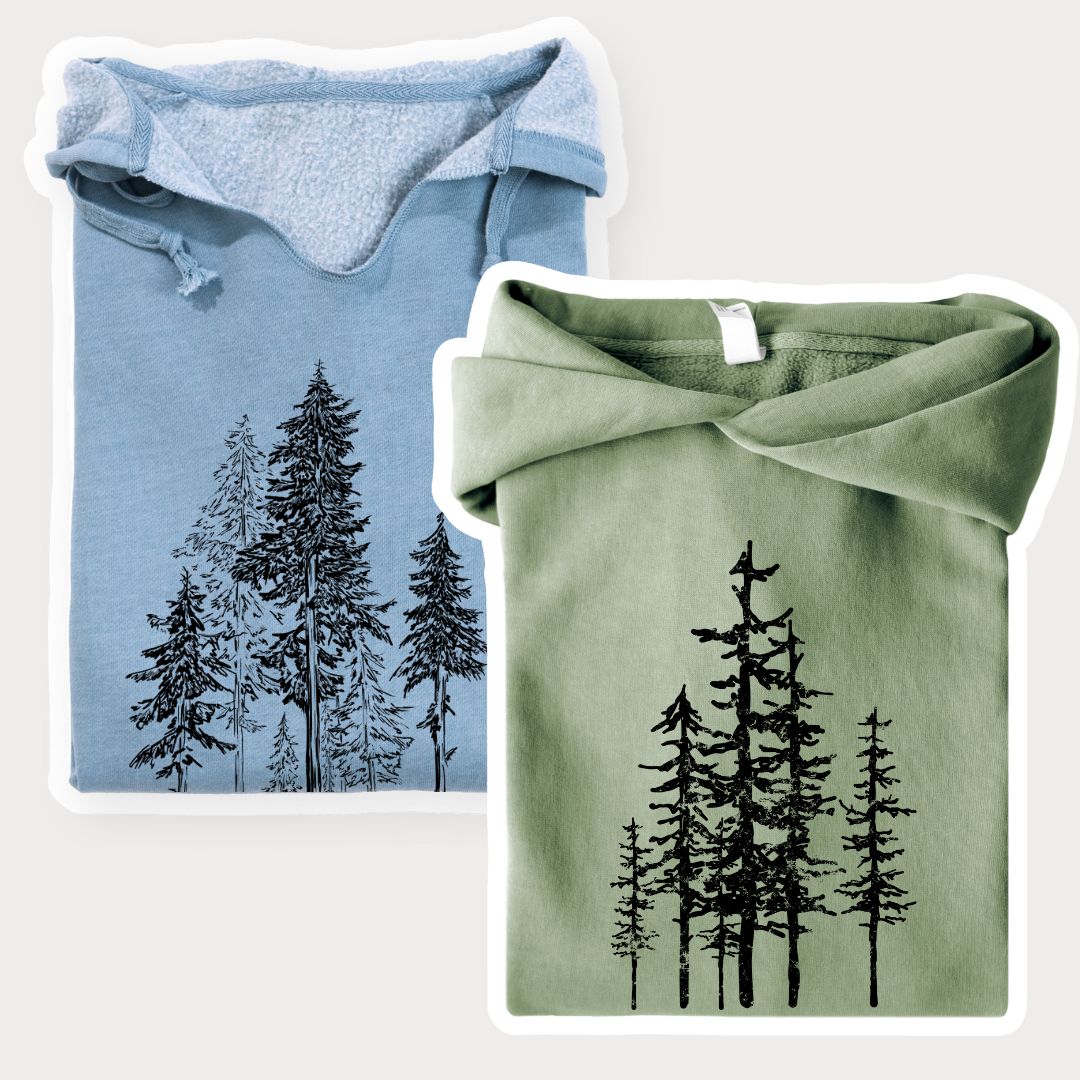
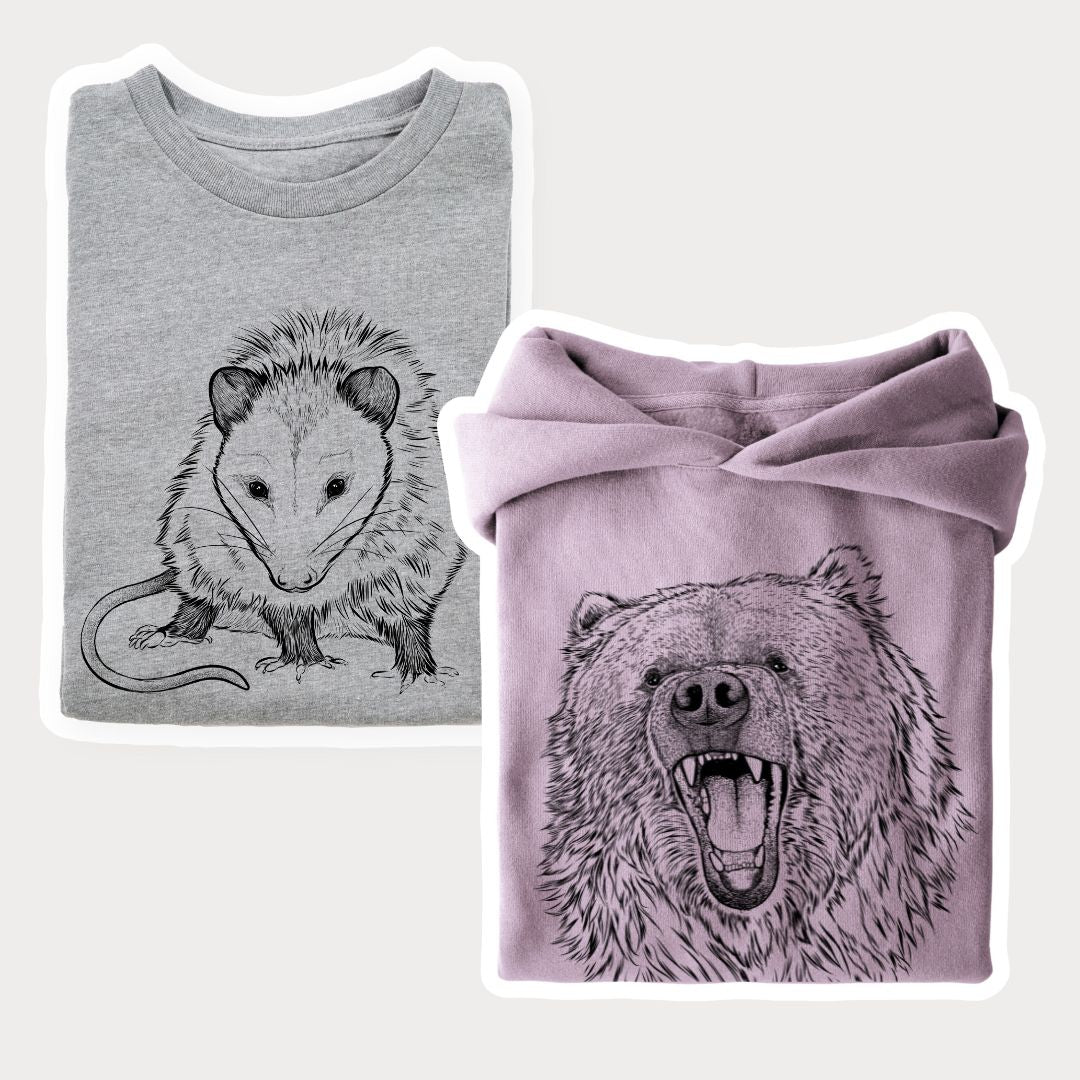


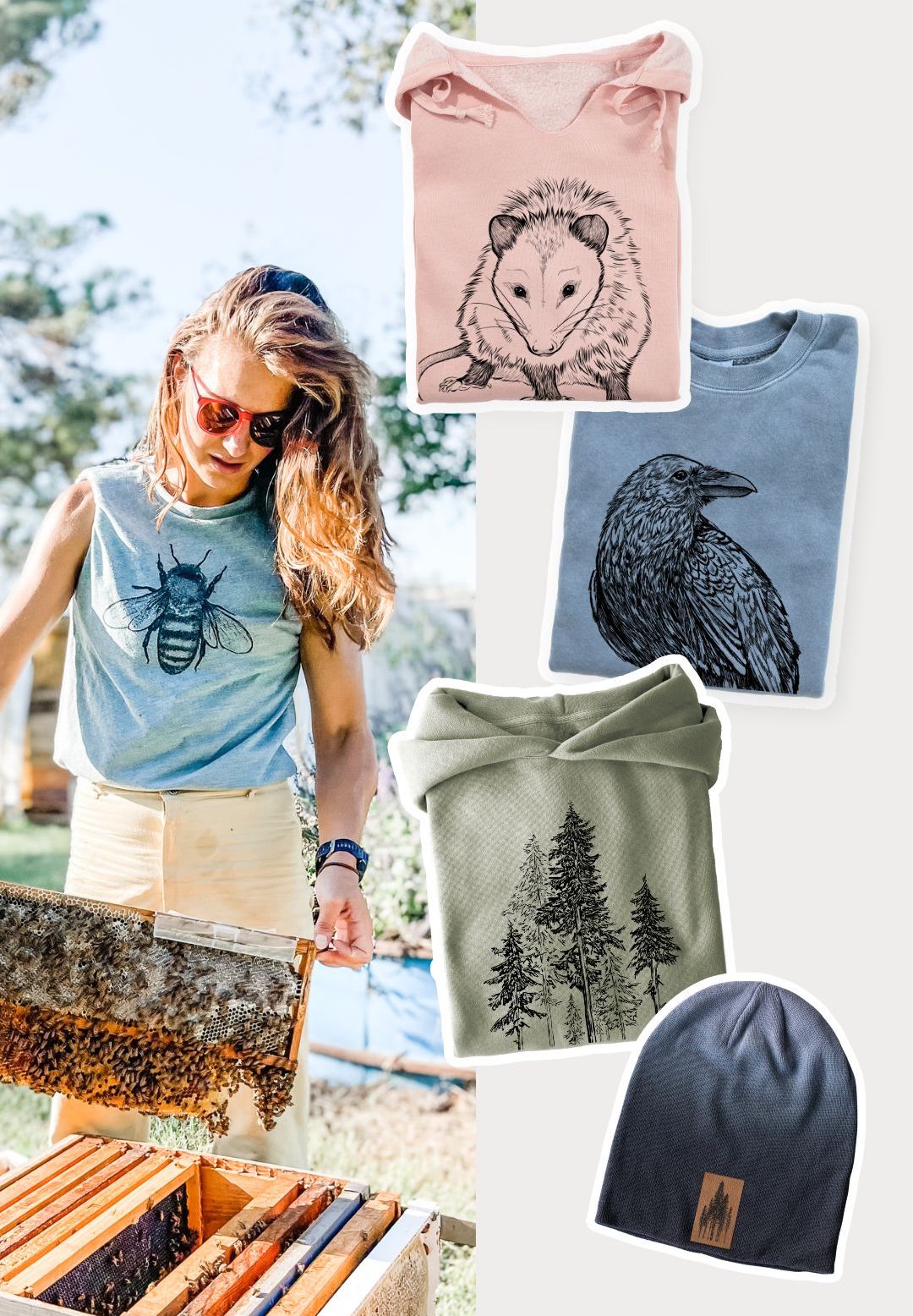

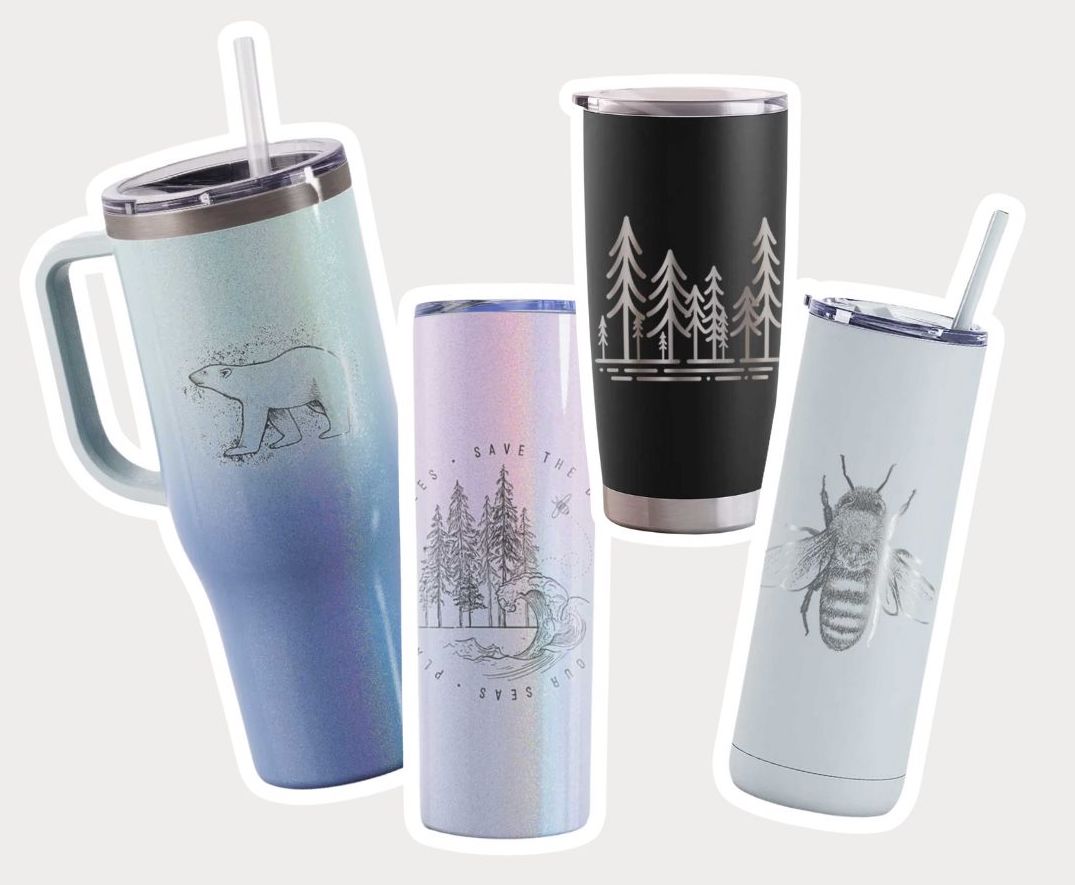



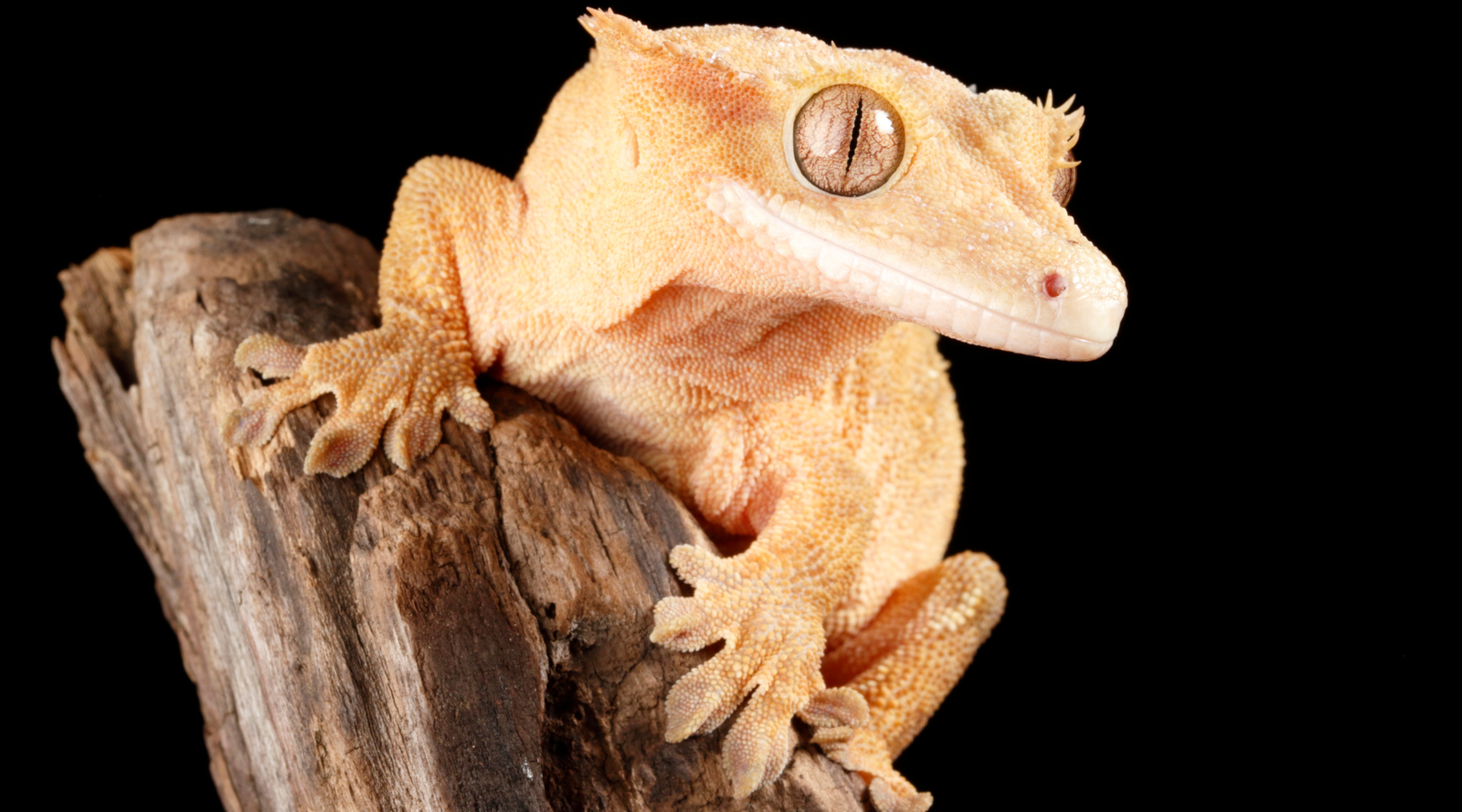
BeCause Tees
January 20, 2025
Hi Pamela, you can check out our Mission page for details of the nonprofits we support.